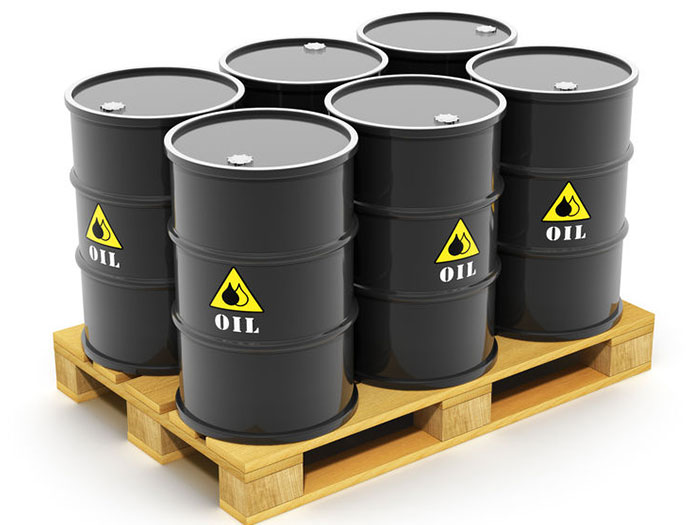By Akanimo Sampson
With the fuel subsidy regime allegedly opening Nigeria’s public finance to huge corruption and illegal exportation of petroleum products to neighboring countries, there are intense diplomatic pressure from all fronts for President Muhammadu Buhari to discontinue with the regime.
This, for those who know better, implies a new hike in the pump price of petroleum protects in the country. It is already being estimated that the country may have spent some N10 trillion in the provision of pump price subsidy on imported petroleum products from 2006 to 2018.
A research report by BudgIT, a public finance focused civic organisation, said this amount came from the price shocks in the international energy market as well as the exchange volatility.
In a report titled, Nigeria’s Petrol Subsidy Regime: Dilemma of the World’s Most Populous Black Nation, the group claimed that Nigeria currently imports an average of 91 percent of her daily petrol needs, thus disproportionately exposing local petrol prices to price shocks from international factors of production and exchange rate volatility.
According to them, “There is a near perfectly inverse relationship between the fall in the value of Naira and the rise in the cost of imported petrol. That is, when next the Naira is devalued, Nigeria’s subsidy bill can be expected to jump.
The continuation of petrol price regulation perpetuates safety nests for exceptional forms of corruption within the country’s subsidy regime. Import subsidy creates petrol price arbitrage – the differential between the regulated price in Nigeria and the high petrol prices in neighbouring countries – which is big enough to incentivise smuggling of subsidised products to neighbouring border towns.’’
The Managing Director of the International Monetary Fund (IMF), Christine Lagarde, has been calling on the Federal Government to remove fuel subsidy, saying it is the right thing to do.
She said with the low revenue mobilisation that existed in Nigeria in terms of tax to Gross Domestic Product, it was important for the country to remove fuel subsidy, arguing that by so doing, the country will be able to move funds into improving health, education, and infrastructure.
The government has however, given conditions for the removal of subsidy on premium motor spirit, also known as petrol.The conditions include: provision of alternative cushioning measures mutually agreed between stakeholders to protect the economically vulnerable members of the population.
Immediate past Finance Minister, Zainab Ahmed, who said so last April, pointed out that Abuja was yet to arrive at such measures, adding, ‘’there is no immediate plan to remove fuel subsidy, contrary to speculations that have led to the emergence of fuel queues in some parts of the country’’.
At the moment, the United States is joining the IMF to press for a fuel price hike in the country. The US Ambassador to Nigeria, Stuart Symington, wants the government to remove fuel subsidy as part of measures to raise fund for the development of critical infrastructures.
Symington who was speaking during America’s 243rd Independence anniversary celebration held in Lagos, the commercial capital of Nigeria, also suggested that the government should educate the girl child and empower its citizens to address the nation’s socio-economic problems.
In the mean time, amid the intense diplomatic pressure for fuel price hike, President Buhari has admitted that the performance of his administration in the power sector is “not good enough”, saying that this calls for more efforts by the Electricity Distribution Companies to provide the needed resources and technical expertise.
Buhari who was speaking at the Presidential Villa, Abuja when the Oba of Benin, Omo N’Oba N’ Edo Ewuare II, led members of the Edo State Council of Traditional Rulers and chiefs to visit him again assured that government will play its own part by improving the transmission of electricity.
A statement by his Special Adviser on Media and Publicity, Femi Adesina, quoted Buhari as saying that though his administration had put in its best to improve power in the past years, especially improvement in gas supplies, the performance was not good enough.
“We are building infrastructure. We are doing our best, but, obviously, our best is not good enough yet,’’ Adesina quoted President Buhari as saying, even as he praised the Edo traditional rulers for their combined efforts in tackling trafficking in persons and rehabilitating the victims, who were repatriated back home.

